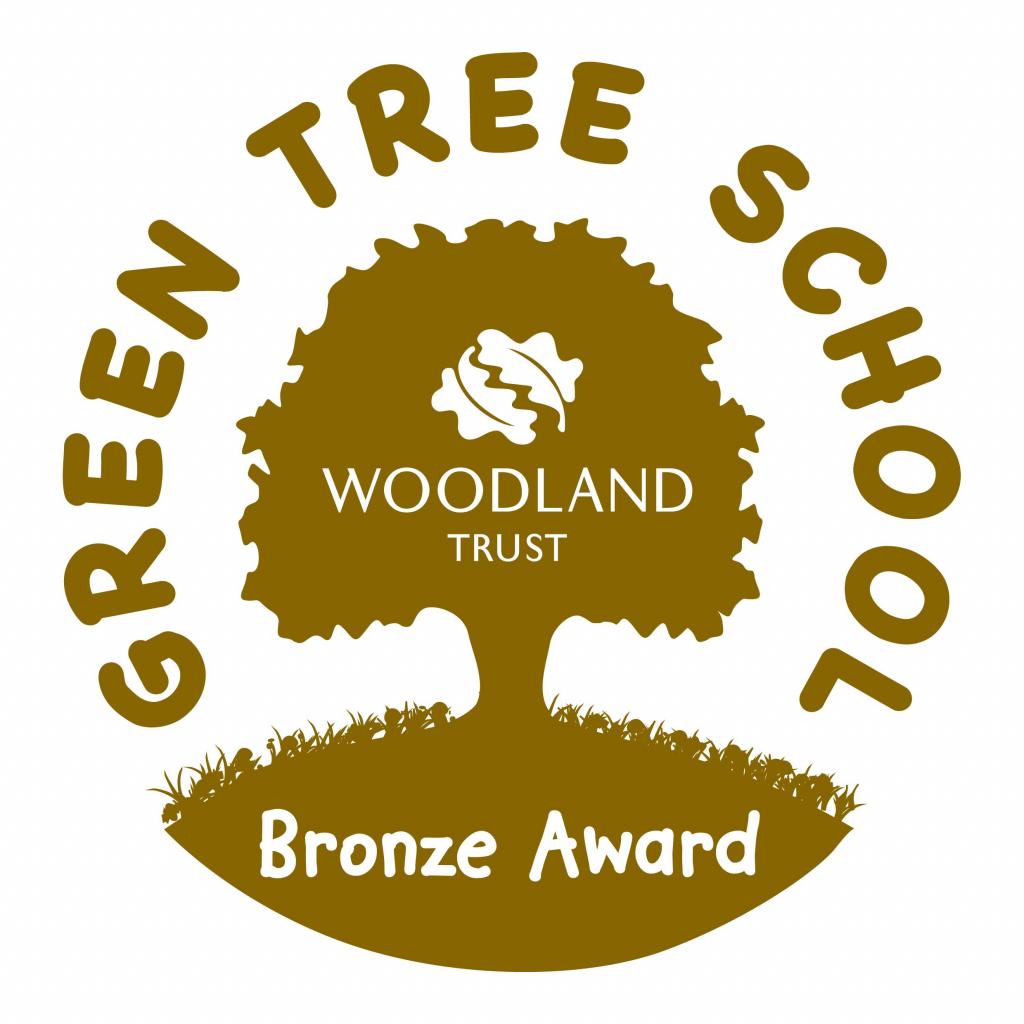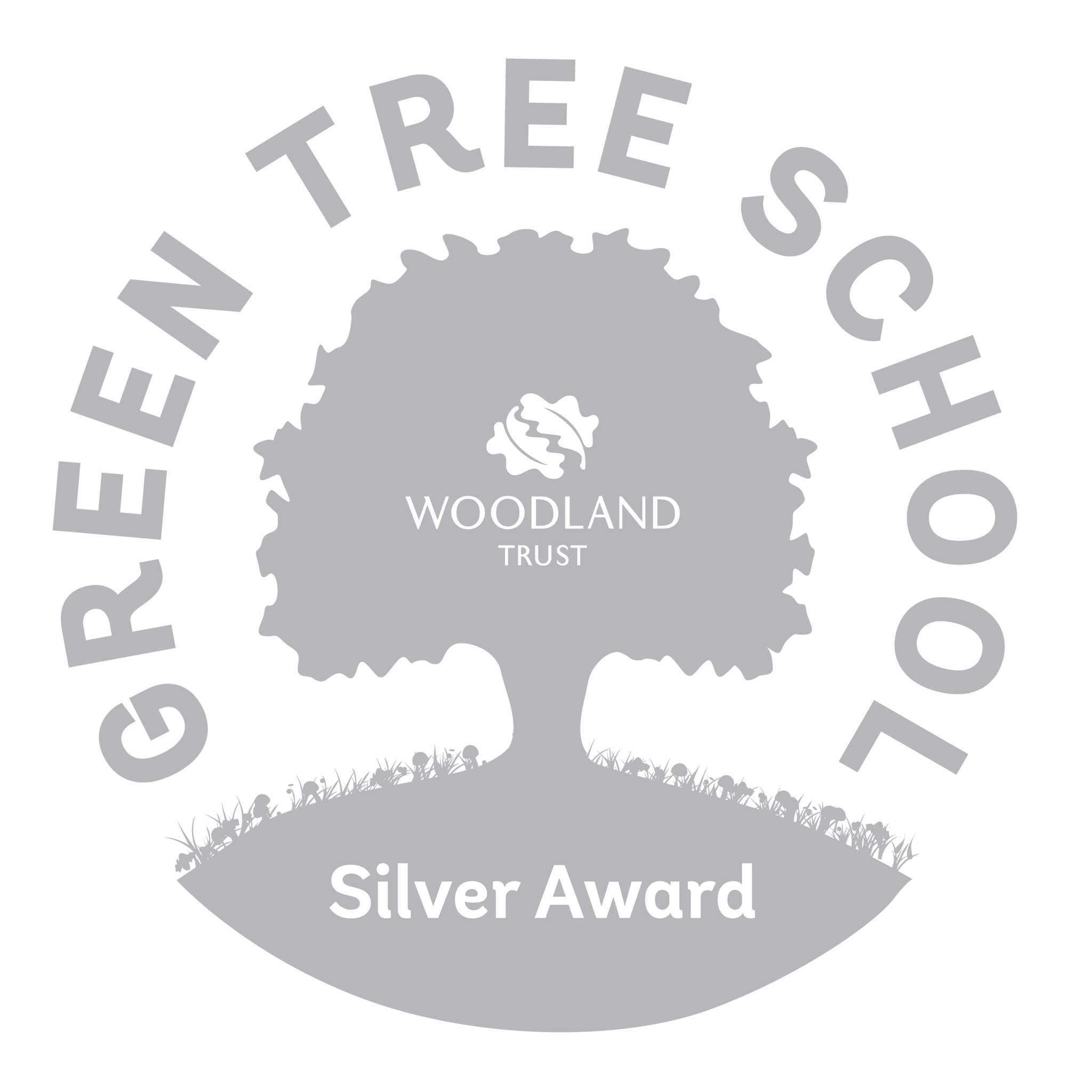Designated Safeguarding Lead

Suzie Brown
headteacher@thornton-in-craven.n-yorks.sch.uk
Deputy Safeguarding Lead

Ashleigh Barnes
abarnes@thornton-in-craven.n-yorks.sch.uk
Safeguarding & Attendance Governor

Rebecca Lofthouse
rlofthouse@thornton-in-craven.n-yorks.sch.uk
If you have concerns about a child's immediate safety, please contact:
North Yorkshire; Get in touch | North Yorkshire County Council
Lancashire; Social care support for children and families - Lancashire County Council
Safeguarding
Thornton in Craven School fully recognises its responsibilities for child protection and safeguarding. We are committed to maintaining a safe learning environment for our children and, where there are child welfare concerns, we take action to address them.
Our Child Protection and Safeguarding policies and practise apply to all staff, governors and volunteers who work in our school, Please click here to view this policy.
County Lines
The 2018 Home Office Serious Crime Strategy states the NPCC definition of a County Line is a term used to describe gangs and organised criminal networks involved in exporting illegal drugs into one or more importing areas [within the UK], using dedicated mobile phone lines or other form of “deal line”. They are likely to exploit children and vulnerable adults to move [and store] the drugs and money and they will often use coercion, intimidation, violence (including sexual violence) and weapons.
For further information on county lines, what to look for and what to do if you have a concern please see the links below.
County Lines - National Crime Agency
County Lines and the gangs that operate them are a key threat to vulnerable children. But in order to combat it effectively, and to protect the children that they threaten an understanding of the definition is required. To help in this effort to safeguard children from the practice’s influence the National Crime Agency has published the document image below:

A Guide to Detecting Child Exploitation
Children and young people are at serious risk of exploitation, both sexual and non-sexual. Whether it comes from criminal gangs inducing children into criminal activity, or networks of individuals preying on children, recognizing the warning signs is crucial. The Children’s Society has published guidance on how to see and stop exploitation. A key document for safeguarding professionals. You can find that page by clicking the image below:
Prevent
At Thornton in Craven community primary school we recognise that safeguarding against radicalisation is as important as safeguarding against any other vulnerability. All staff are expected to uphold and promote the fundamental principles of British values, including democracy, the rule of law, individual liberty and mutual respect, and tolerance of those with different faiths and beliefs. We believe that children should be given the opportunity to explore diversity and understand Britain as a multi-cultural society; everyone should be treated with respect whatever their race, gender, sexuality, religious belief, special need, or disability.
As part of our commitment to safeguarding and child protection we fully support the government's Prevent Strategy.
For more information click this link https://www.gov.uk/government/publications/prevent-duty-guidance/revised-prevent-duty-guidance-for-england-and-wales
Operation Encompass
Our school supports a project that will run jointly between all schools, academies and colleges in North Yorkshire and North Yorkshire Police.
Operation Encompass has been designed to provide early reporting to schools of any domestic abuse incidents that occur outside of normal school hours and that might have had an impact on a child attending our premises the following day. This information will be shared at the earliest opportunity between Monday to Thursday and, when an incident occurs on a Friday, Saturday or a Sunday, the police will contact us the following Monday.
Please click the image below for more information.
Parents and Carers Information
Clever Never Goes!
CLEVER NEVER GOES is the new campaign that teaches children how to stay safe from abduction whether they are outside or online.
It’s the modern, child-friendly alternative to the out-dated and fundamentally flawed ‘Stranger Danger’ message. Rather than fearing the worst in everyone they don’t know, Clever Never Goes helps children to recognise specific situations that are unsafe and gives them the tools to respond.
Please click on the image below to find out further information and to access the parents' area and resources to help explain this at home. We will be working on Clever Never Goes throughout the school year.
Talking to children
Talking to my child provides advice for parents about how to maintain regular open communication with children.
Reporting Concerns
Use the links below to report harmful or upsetting content.
Report harmful online content to the UK Safer Internet Centre
Government Advice
Get government advice and trusted resources from Educate Against Hate on safeguarding from radicalisation, building resilience to extremism, and promoting shared values.
Advice to parents and carers on keeping children safe from abuse and harm. Gov.uk
Bullying or abuse online
Get advice on reporting online abuse from the National Crime Agency’s Child Exploitation and Online Protection command.
Get advice and support from Anti-Bullying Alliance for children who are being bullied.
Sexual Abuse and Harassment
Talking to your child about Online Sexual Harassment -A Guide for Parents
Online Safety
The sites below contain useful resources for parents and carers to keep their children safe online.
Childnet provides information about staying safe online
DFE – Keeping Children Safe Online
Educate Against Hate offers advice on being safe online, how to respond to negative things seen online and tips for keeping your data secure.
Thinkuknow provides advice from the National Crime Agency (NCA) on staying safe online.
Parent info is a collaboration between Parentzone and the NCA providing support and guidance for parents from leading experts and organisations.
Thinkuknow 4-7 is designed to equip 4-7 year olds with the knowledge, skills and confidence to stay safer online.
Childnet offers a toolkit to support parents and carers of children of any age to start discussions about their online life, to set boundaries around online behaviour and technology use, and to find out where to get more help and support.
Internet matters provides age-specific online safety checklists, guides on how to set parental controls on a range of devices, and a host of practical tips to help children get the most out of their digital world.
London Grid for Learning has support for parents and carers to keep their children safe online, including tips to keep primary aged children safe online.
Net-aware has support for parents and carers from the NSPCC, including a guide to social networks, apps and games.
Let’s Talk About It has advice for parents and carers to keep children safe from online radicalisation.
UK Safer Internet Centre has tips, advice, guides and other resources to help keep children safe online, including parental controls offered by home internet providers and safety tools on social networks and other online services.
Parentzone continues to offer a range of resources on digital resilience and other curriculum areas, useful for parents and teachers.
What parents need to know about TikTok
Digital Literacy Resources
BBC Bitesize: Fact or Fake – lots of activities and resources related to fake news and COVID-19
ShoutOut UK – free weekly resources on online harms, conspiracy theories, how to spot fake news and deal with trolls.
Trust Me – primary and secondary lessons resources to explore critical thinking online.
Be Internet Citizens – lesson resources on fake news, hate speech, emotional manipulation.
BBC Evidence Toolkit – interactive software, lesson plans and teacher notes to review media stories.
BBC Real News – videos, lesson plans, podcasts related to digital literacy
National Literacy Trust – fake news and critical literacy resources, including lesson plans for different subject areas (pdfs can be found at the end of the page).
The News Literacy Project – resources to support pupils to understand what to trust in the digital age.
Fact Checkers
Schools can access the free Professionals Online Safety Helpline which supports the online safeguarding of both children and professionals. Call 0344 381 4772 or email helpline@saferinternet.org.uk. The helpline is open from Monday to Friday from 10am to 4pm.
If you think an adult has behaved in a way that has harmed, or may have harmed a child this can be reported to the Local Authority Designated Officer (LADO)
Other useful Websites
NYSCP (safeguardingchildren.co.uk)




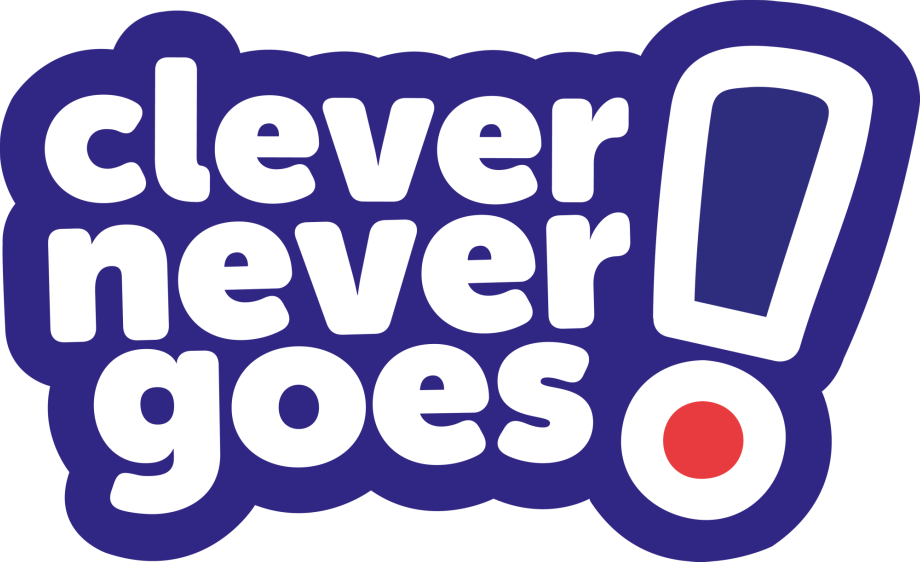
.jpg)
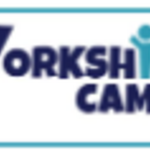






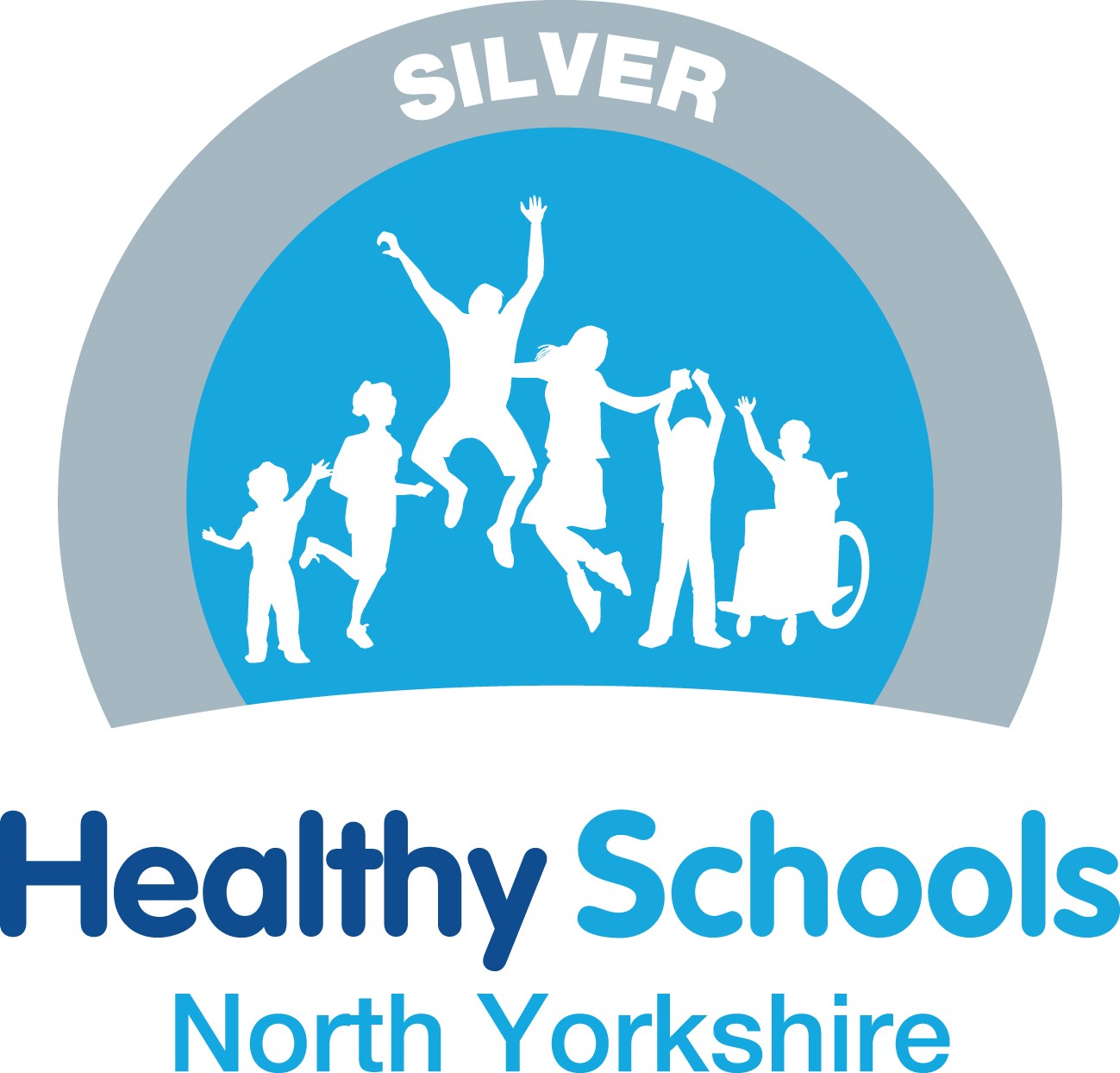
.png)

